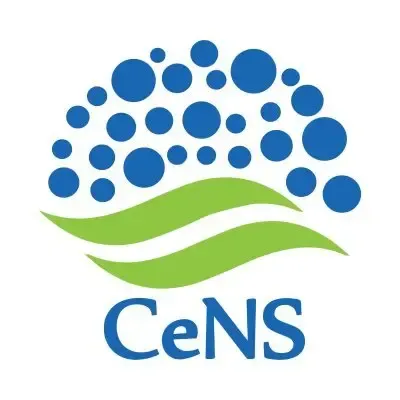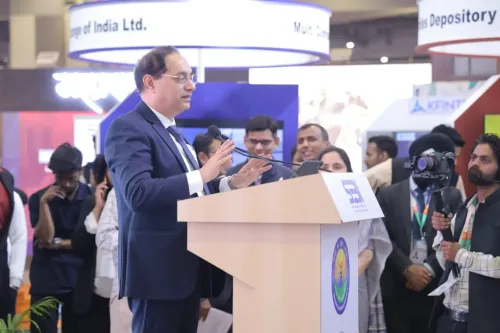Are Chipsets with Our Own IP a Vital Step Towards Viksit Bharat?

Synopsis
Key Takeaways
- Mindgrove Technologies is revolutionizing IoT chip design in India.
- The DLI scheme supports startups with substantial funding.
- Indigenous chipsets are crucial for Viksit Bharat.
- Government initiatives are fostering a self-reliant tech ecosystem.
- India aims to launch Made-in-India semiconductor chips by 2025.
Mumbai, Aug 18 (NationPress) Union Railways and IT Minister Ashwini Vaishnaw praised the Indian startup Mindgrove Technologies for crafting secure Internet of Things (IoT) chips, asserting that developing chipsets with our own IP is a significant milestone on the path to 'Viksit Bharat'.
The minister motivated emerging startups by recounting Mindgrove's journey in acquiring funding through the government's Design Linked Incentive (DLI) initiative, which offers reimbursement of up to 50 percent of eligible expenses for Indian companies involved in chip manufacturing.
Vaishnaw expressed on the social media platform X, stating, “Bharat is amplifying efforts to establish itself as a product nation. Chipsets with our own IP represent a crucial goal in this mission.”
He added, “Our semiconductor mission includes a component – Design Linked Incentives - DLI - aimed at motivating startups that innovate and design chips. With support from the DLI Scheme and IIT-M expertise, Mindgrove Technologies has successfully created secure IoT chips tailored for CCTV cameras, Industry 4.0 applications, and various IoT devices.”
“This advanced microcontroller system-on-chip will facilitate reliable indigenous solutions for strategic sectors,” he further noted.
Founded at IIT-Madras in 2021, Mindgrove Technologies developed an IoT chip in 2024 capable of powering smart devices like smartwatches and home appliances.
The government has provided backing to Mindgrove via the Ministry of Electronics and Information Technology's (MeitY) Design-Linked Incentive (DLI) scheme.
The startup secured Rs 15 crore in funding from this program to cover design and production expenses for a new chip dubbed “Vision SoC,” intended for high-performance edge computing and vision processing tasks.
Prime Minister Narendra Modi also mentioned in his 79th Independence Day speech from the Red Fort that ‘Made-in-India’ semiconductor chips are expected to hit the market by the end of 2025.
The Cabinet has recently greenlit four semiconductor projects totaling Rs 4,600 crore. Odisha will benefit from two new projects, while Andhra Pradesh and Punjab will each receive one. With these new approvals, there are now ten projects under the India Semiconductor Mission (ISM) sanctioned across six states.









